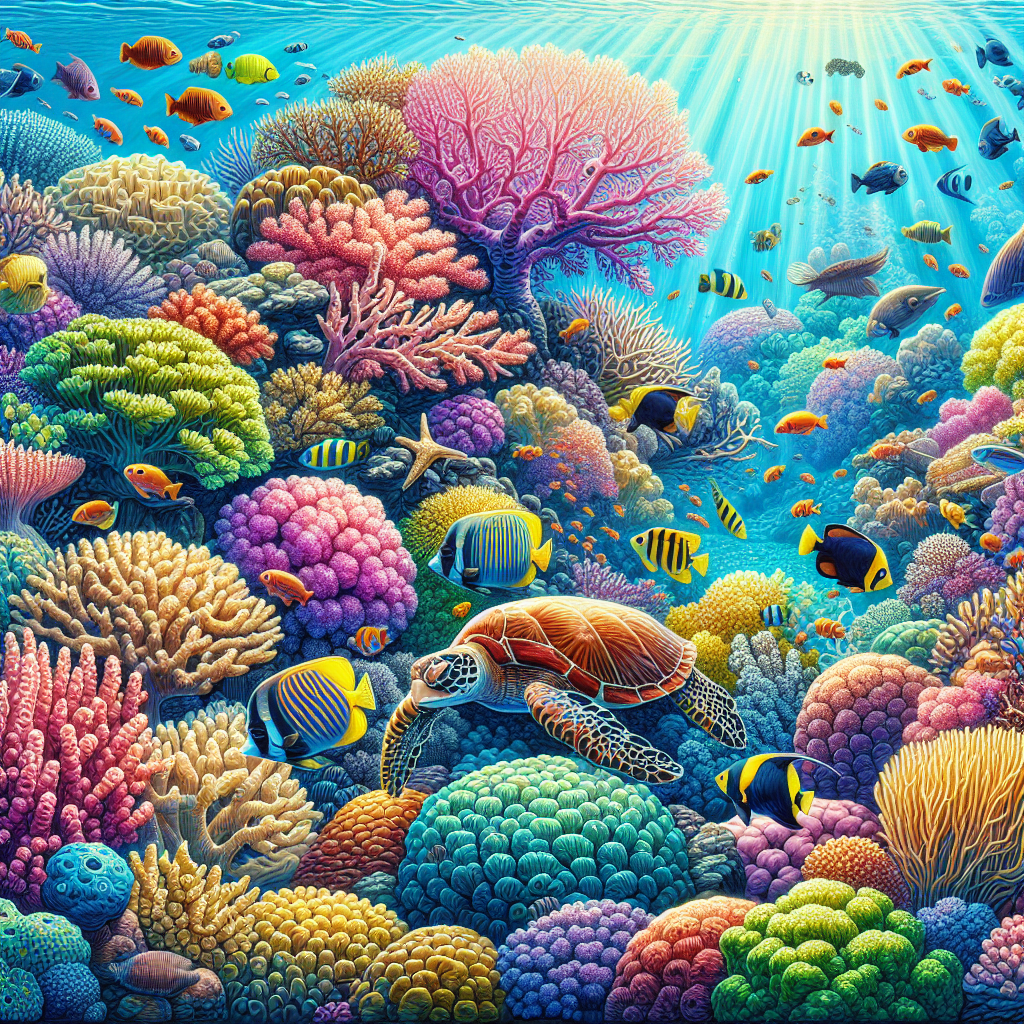Saving Corals: Heat-Resilient Marine Havens
Coral reefs, vital ecosystems supporting 25% of marine species, face threats from rising ocean temperatures, leading to coral bleaching. Scientists are developing strategies to make corals more heat-tolerant and connected reefs, leveraging machine learning to understand connectivity trends. Local and global efforts are needed to preserve these underwater cities.

- Country:
- United States
Atlanta, Jun 28 (The Conversation) - The world's coral reefs, akin to bustling underwater cities, cover less than 1% of the ocean yet support 25% of marine species. These complex ecosystems are valued at over USD 3.4 billion annually in the US alone.
However, rising ocean temperatures have triggered a global coral bleaching event, as confirmed by scientists. In 2023, coral die-offs have occurred in the Indian, Pacific, and Atlantic oceans. The Caribbean region is experiencing its most severe bleaching episode since 1998.
Efforts are underway to develop heat-resistant corals and restore damaged areas. Researchers emphasize the importance of ocean connectivity, which allows reefs to exchange larvae, promoting recovery. Advanced machine learning techniques help identify well-connected reefs to prioritize for conservation.
(This story has not been edited by Devdiscourse staff and is auto-generated from a syndicated feed.)
ALSO READ
India's Pioneering Climate Change Station: A Himalayan Milestone
Bamboo Cultivation: The Green Solution to Climate Change Advocated by Maharashtra's Pasha Patel
Addressing Africa's Workforce Challenges Amid Climate Change: Strategies for a Just Transition
Europe Faces Severe Flood Crisis Amidst Climate Change Challenges










